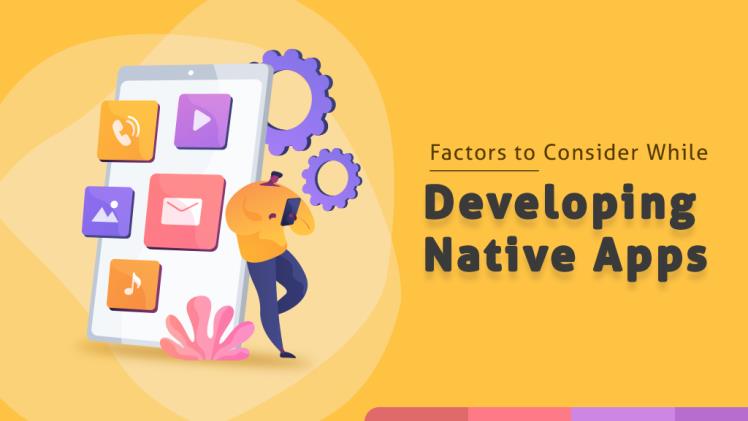In the modern era of digitization, almost every business thrives on a quality mobile app. In fact, learning how to develop a mobile app has become very common. Anyway, no matter it’s about a start-up or an individual, the selection of the right framework is crucial. In fact, it is the first step before one moves forward to the development of mobile apps. Also, this has been the secret behind the success of top mobile app development company across the globe.
Simply put, a mobile app framework is a pack of tools meant for helping developers in developing mobile apps. Primarily, frameworks provide a firm model for enhancing the process. Ultimately, it streamlines the process of app development. Above all, the prime significance of the frameworks is their ability to make the process budget-friendly.
Considering the significance that a framework holds, it is worthwhile to pay some attention to its selection. In this context, the following abstracts discuss the different dimensions one must consider for the selection of the best framework. Specifically, those who are interested in the custom mobile app development process should definitely go through the following section.
Primarily, there are two types of frameworks for the development of mobile apps – cross-platform or hybrid and native. People often remain in confusion while selecting between these frameworks. Anyway, the following sections provide comprehensive detail on this matter for greater clarity,
Factors to Consider For Native App Development
-
Performance of Apps and Control:
Native apps are indeed the best from a performance perspective. Evidently, nothing can be more significant than the effectiveness of native android or Apple apps. Most importantly, it provides the best control for the user. In fact, adding new specs over native apps is much easier. Obviously, the performance remains significant.
-
Demands Greater Resources:
The prime demerit of native apps is indeed the essential skill or resources. In fact, this is the reason that makes it costlier over hybrid platforms. One needs to have proficiency in Kotlin or Java for the development of android apps. Similarly, knowledge of Swift and C is essential for iPhone app development. Separate skill is essential for taking the application to larger platforms or the web.
The codebase for development doesn’t remain significant anymore; additionally, one needs Mac devices for iOS app development. Naturally thus, most people prefer android app development as it’s not easy to have a Mac device. In short, one needs an extensive range of resources for native app development.
-
Time Taken for Development:
Apparently, the time it takes for the development of a native app is more. In comparison, one can easily complete a hybrid development mode in lesser time for similar features. In short, those who want to prepare the application sooner and launch it must go with native apps. The process is much faster than the hybrid apps.
Selecting the Right Option
So, the above sections have made things clear about the positive and negative sides of each. Evidently, each has its own advantage and disadvantage. How to take the right decision then? Anyway, the following abstracts can be useful on this matter.
-
Keep the Needs in Mind:
On those occasions when the features of the app are complex in nature, native apps are indeed the best options. In other words, a native mobile app framework is essential if the app has to explore the full potential of the device.
-
Keep Restrictions in Mind:
Generally, those companies handling both development and maintenance of their own go with the native framework. In these cases, mostly the same company owns the specific platform. The companies having enough time in hand to afford or resources of their own should opt for native apps. Similarly, those who are very sure of sticking with one platform only should go with native apps.
-
Covering Extensive User Base:
When the application has to cover a larger domain, hybrid apps are indeed the best options. For example, if the app is aimed at users of different zones and devices, a hybrid app is undoubtedly the best. Also, hybrid apps are excellent when intuitiveness is a priority. Specifically, when one needs features like a collection of data from different sources, hybrid apps are the best.
-
Scalability
Native apps are the best options from a scalability perspective. Specifically, when one needs to stick with the same platform aiming for scalability in the longer run, native apps are the best.
Wrapping Up
Know everything about native mobile application development before you dive into the development and make huge investments. Contact the best iOS and Android app development company and book a consultation to know more and better before hiring them.
I am Pratik Kanada, founder & CEO of 360 Degree Technosoft, A leading mobile app development company in India, USA. I generally write blogs on tech updates, the software development industry & the latest technologies.
Author Bio: I am Pratik Kanada, founder & CEO of 360 Degree Technosoft, A leading mobile app development company in India, USA. I generally write blogs on tech updates, the software development industry & the latest technologies.

